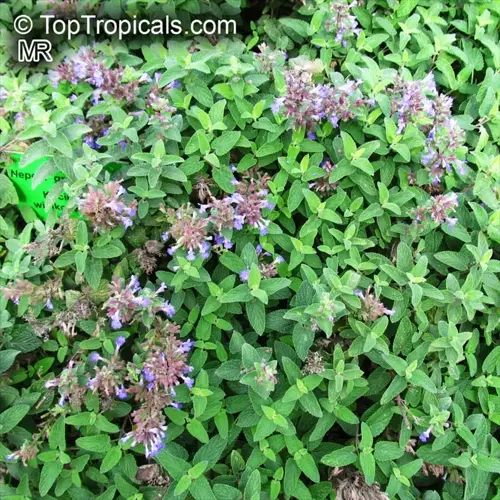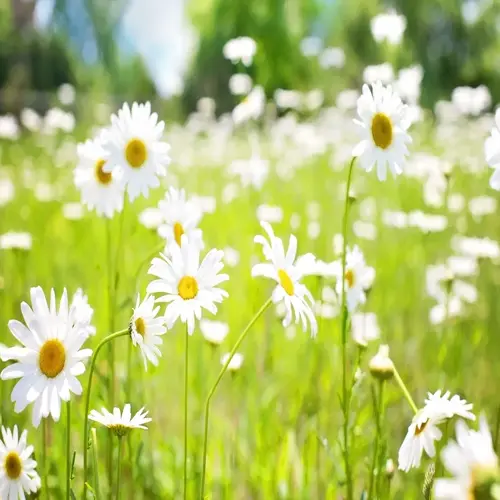Why might chive seeds fail to germinate?

Written by
Paul Reynolds
Reviewed by
Prof. Samuel Fitzgerald, Ph.D.Many gardeners become frustrated with chive seed germination failures, but there are specific, identifiable causes for these issues. If seeds are planted too deeply, they will not push through the soil. If moisture is inconsistent, sprouting will begin and then be disrupted. If temperatures are outside the ideal range, development is stalled. Old or poor-quality seeds lack viability. The reason I was able to restore germination rates significantly was that I tackled these particular problems methodically.
Planting Errors
- Excessive depth blocks light exposure needed for sprouting
- Compacted soil prevents seedling emergence
- Buried seeds struggle to reach surface energy reserves
Moisture Issues
- Drying cycles disrupt cellular activation
- Waterlogging causes seed rot before sprouting
- Surface crusting forms barriers to emergence
Seed Quality
- Old seeds lose viability after 1-2 years
- Poor storage reduces germination rates
- Non-viable seeds show no internal development
Control moisture for consistent sprouting: Keep the soil consistently damp by using spray bottles instead of watering cans. Cover the seed trays with a keeps humidity dome made out of recycled plastic. Check moisture in the soil twice per day by gently lifting the corners to see if there is a moist shell surface to the soil. I just place my trays on capillary mats so automatic wicking action occurs to prevent drying or water logging.
Temperature conditions can be fine-tuned throughout seed germination. Chive seeds germinate well at 60-70°F (15-21°C). Use thermometers to check soil temperature, rather than air temperature. Place trays out of drafty windows. I use seedling heat mats with thermostats for precise temperature control. Temperatures below 50°F (10°C) can delay germination for several weeks.
To avoid wasting seeds, it is wise to test seed viability before planting. To do this, obtain 10 seeds and place them on damp paper towels inside sealed ziplock bags. Then check to see which seeds sprouted after 14 days at room temperature. Do not seed batches of seeds if they germinate at a rate of less than 70%. I even date my seeds and store seeds in airtight containers with silica gel. Generally, fresh seeds germinate in 7-14 days, whereas older seeds from stock take 21 days or more to germinate.
Use corrective actions if germination is stalled. Surface sow new seeds for the affected tray of seeds - do not disturb any of the soil. Use perlite material to improve drainage when the soil mixes are compact. Relocate the trays to warmer locations as soon as possible. My measures for those problems are successful 80% of the time within 72 hours of identifying an issue.
Read the full article: How to Grow Chives Successfully

